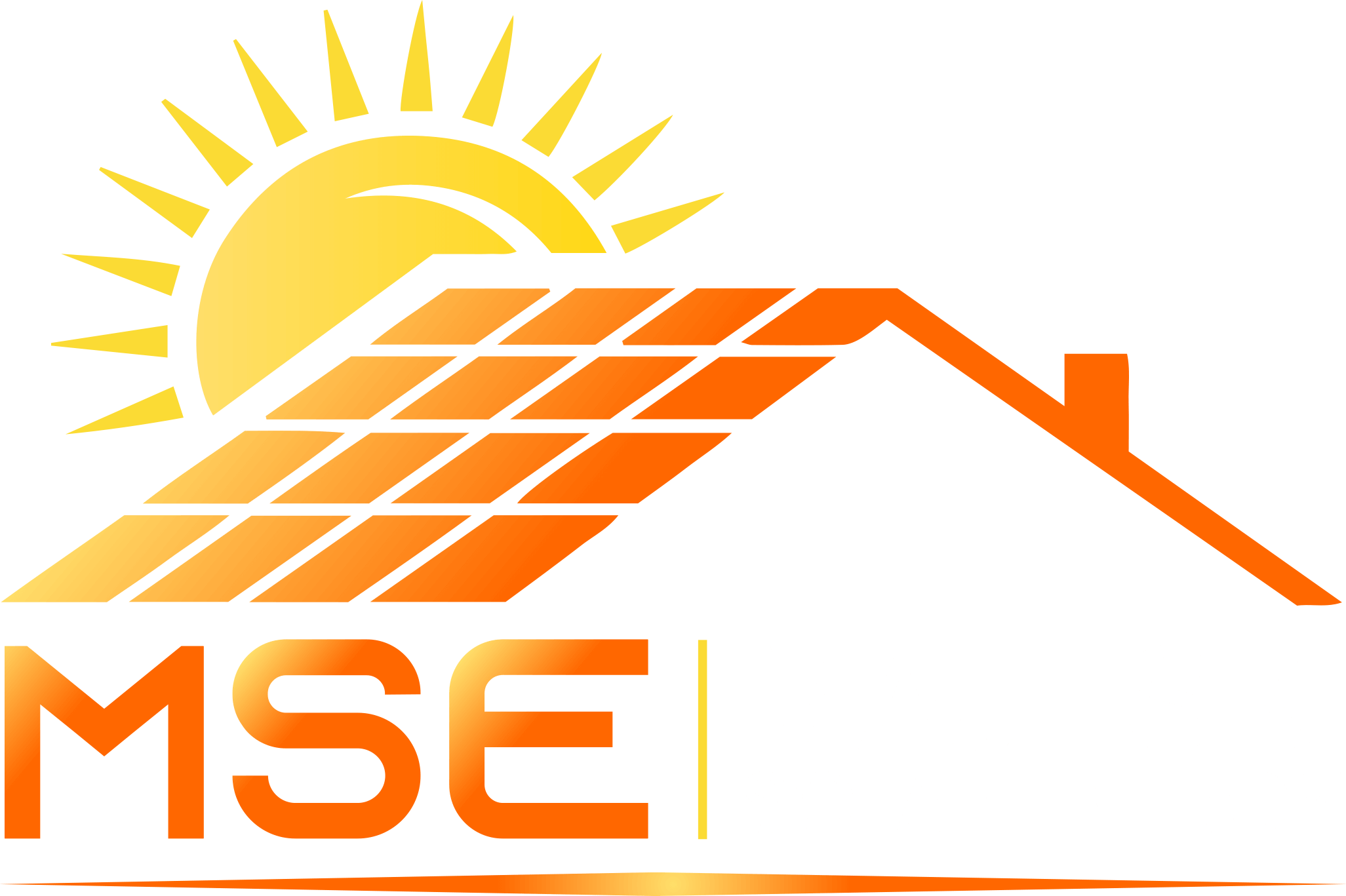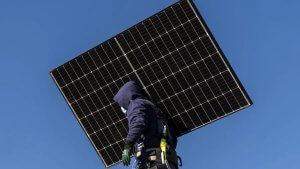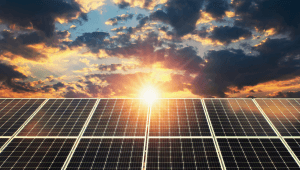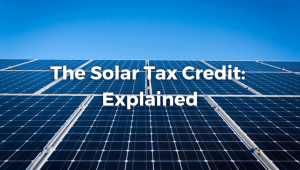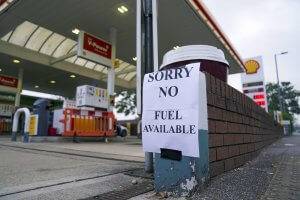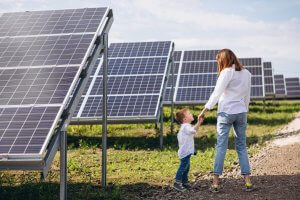
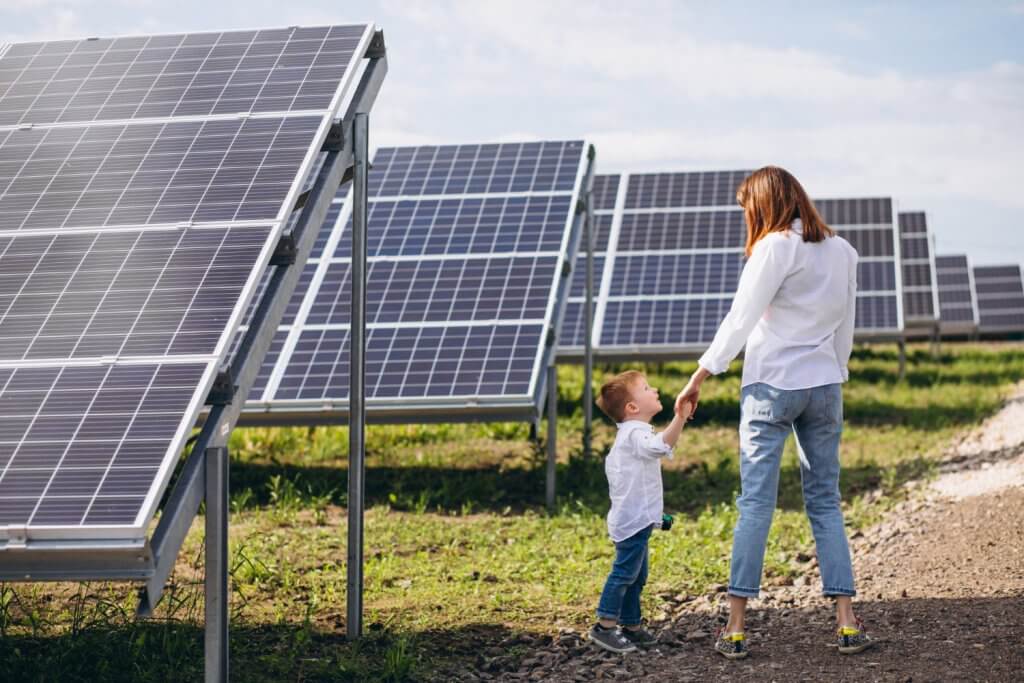
Catch the Sun and Cash the Savings: Why 2023 is Your Year for Solar!
Hey there, fellow homeowner! If you’re anything like me, you’ve probably looked up at your roof more than once and thought, “Hmm, that’s a lot of unused real estate. Could I be harnessing the power of the sun up there?” Solar panels have been all the rage for a while now, but is 2023 the year you should finally take the plunge? Let’s dive into it.
The Evolution of Solar Technology
Technological Advancements. Back in the day, I remember solar panels being these clunky, expensive gadgets that only die-hard eco-warriors would consider. But oh, how the times have changed! Nowadays, solar technology is advancing at a breakneck pace. Solar panels are getting more efficient, which means they can generate more electricity from the same amount of sunlight. Imagine going from an old flip phone to the latest smartphone—that’s how far we’ve come in solar tech.
Changes in Costs
You’ll also be delighted to hear that the price tags on these bad boys have plummeted. In the early 2010s, you could be looking at a steep $20,000 to $30,000 for an installation. But in 2023? You might find options as low as $10,000 or even less. Plus, many companies offer financing options that make it a lot easier to swallow that initial cost.
Longevity and Durability
And let’s talk about durability. These things are built to last. The typical solar panel has a lifespan of around 25-30 years. So if you’re worried about having to replace them every other year, don’t be. They’re not like your smartphone that starts acting up the second a new model comes out.
Economic Considerations
Return on Investment (ROI). Okay, so how long before you actually start seeing your investment pay off? On average, homeowners see a return on investment (ROI) within 7 to 10 years. I have a friend, Sarah, who installed solar panels three years ago. She’s already noticing a considerable dip in her energy bills and calculates her break-even point will come much sooner than expected!
Government Incentives and Subsidies
Oh, and don’t forget about government incentives. There are federal tax credits that can offset a good chunk of the initial costs, not to mention various state-level incentives. My neighbor, Jim, took advantage of some grants and is practically grinning from ear to ear about the savings he’s making.
Energy Savings
One of the most satisfying aspects of solar panels is watching your electricity bills nosedive. Depending on where you live and the size of your installation, you could save hundreds, even thousands, of dollars annually.
Environmental Impact
Carbon Footprint. Of course, we can’t forget about Mother Earth. By switching to solar, you’re reducing your carbon footprint significantly. Think of it this way: It’s like planting a small forest in your backyard every year. How’s that for being an eco-hero?
Grid Resilience
And in some places, you can even sell your excess energy back to the grid. In times of blackouts or grid failures, homes with solar panels can become miniature power stations, helping to stabilize the local grid.
Industry Growth
The solar industry is booming. The increase in demand means that costs are likely to continue falling, making it even more accessible for everyday folks.
Competing Technologies
While there are other renewable energy options like wind and hydro, solar remains the most practical and accessible for the average homeowner. So, you’re not just jumping on a trend; you’re investing in a technology with staying power.
Local Factors
Geographical Variances. Your location does play a role in how effective your solar panels will be. If you live somewhere cloudy like Seattle, you might get less energy production compared to someone in sunny California. But even in less sunny locales, solar can still be a viable option, especially with today’s high-efficiency panels.
Local Legislation and Utility Rates
Check out your local laws and electricity rates, as they can also impact your decision. Some areas are more solar-friendly and offer additional incentives or favorable rates for feeding energy back into the grid.
Case Studies
Take Mark, who lives in Arizona. He installed solar panels last year and has seen his electricity bills drop by 80%. On the other hand, Emily from Oregon found that her savings were not as drastic, but still worthwhile given the local incentives and her desire to be more eco-friendly.
Recommendations
If you ask me, there’s never been a better time to go solar. The technology is mature, the costs are lowering, and the environmental benefits are undeniable. Assess your personal needs, consult professionals, and perhaps most importantly, talk to people who have already made the switch.
Call to Action
Don’t just let that roof sit there; make it work for you! Consider going solar this year and join the ever-growing community of homeowners who are saving money while saving the planet. Cheers to a brighter, greener future!
Conclusion
So, to answer the burning question—should you get solar panels in 2023? Well, the short and sweet answer is a resounding yes. But as always, do your homework, consider your unique circumstances, and make an informed decision. After all, your roof is your castle—or, at least, your mini power station.
🔍Renewable and Clean Energy:
Learn More about The Advantages Of solar Energy
majeski
Leave a Replay
About Majeski
Majeski Solar Is a Solar Installer company, and Top Tier Solar Installer in Washington D.C. , Virginia, and Maryland.
